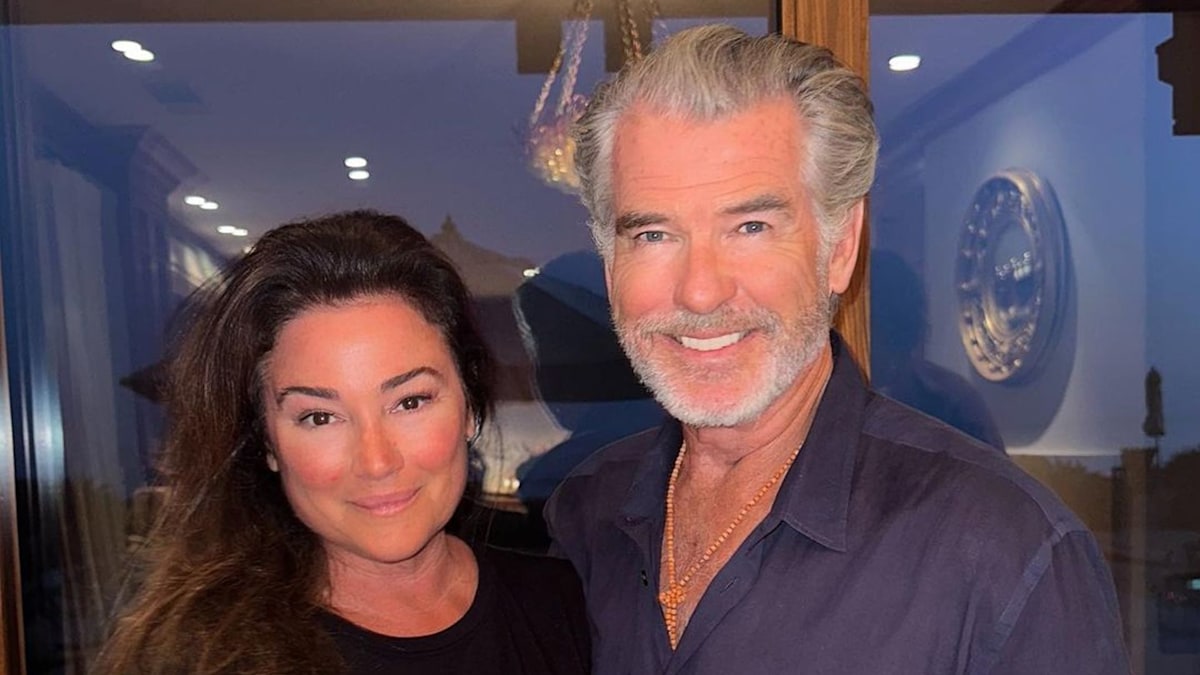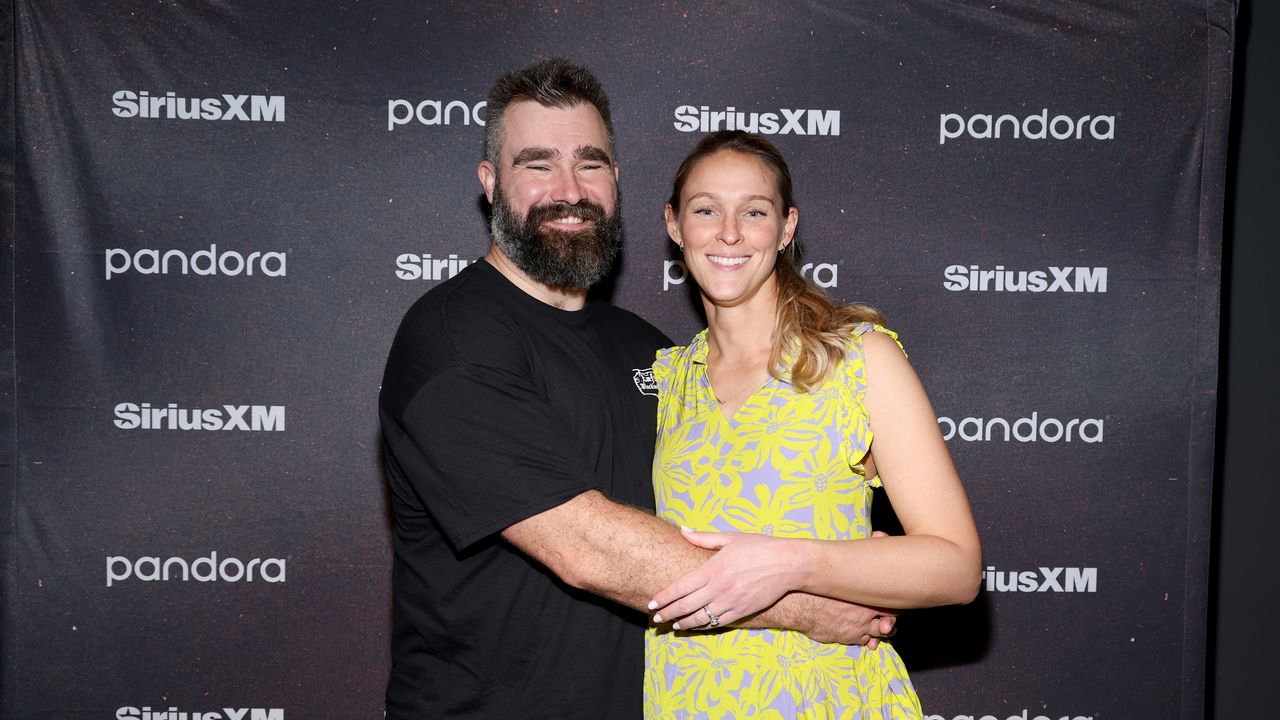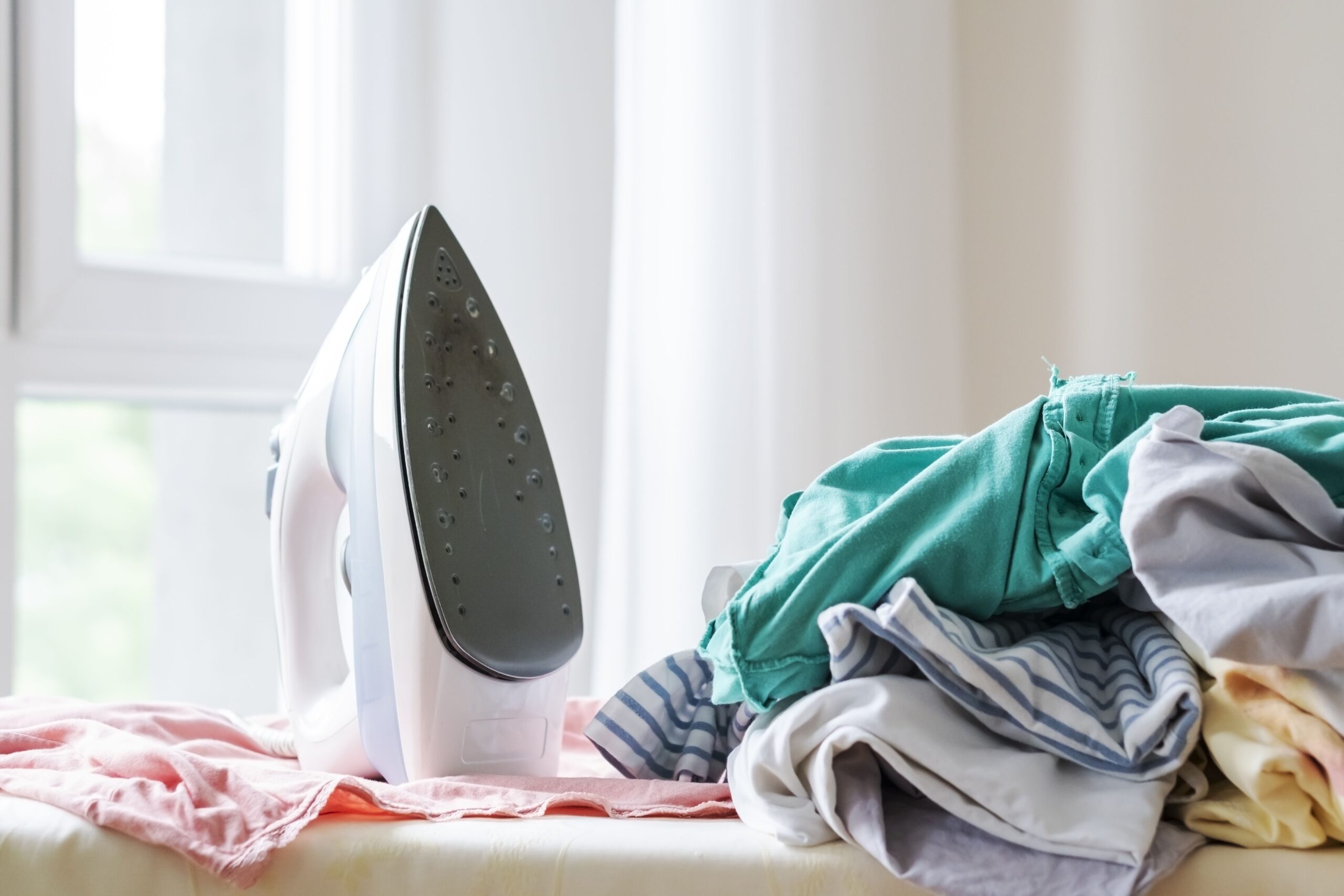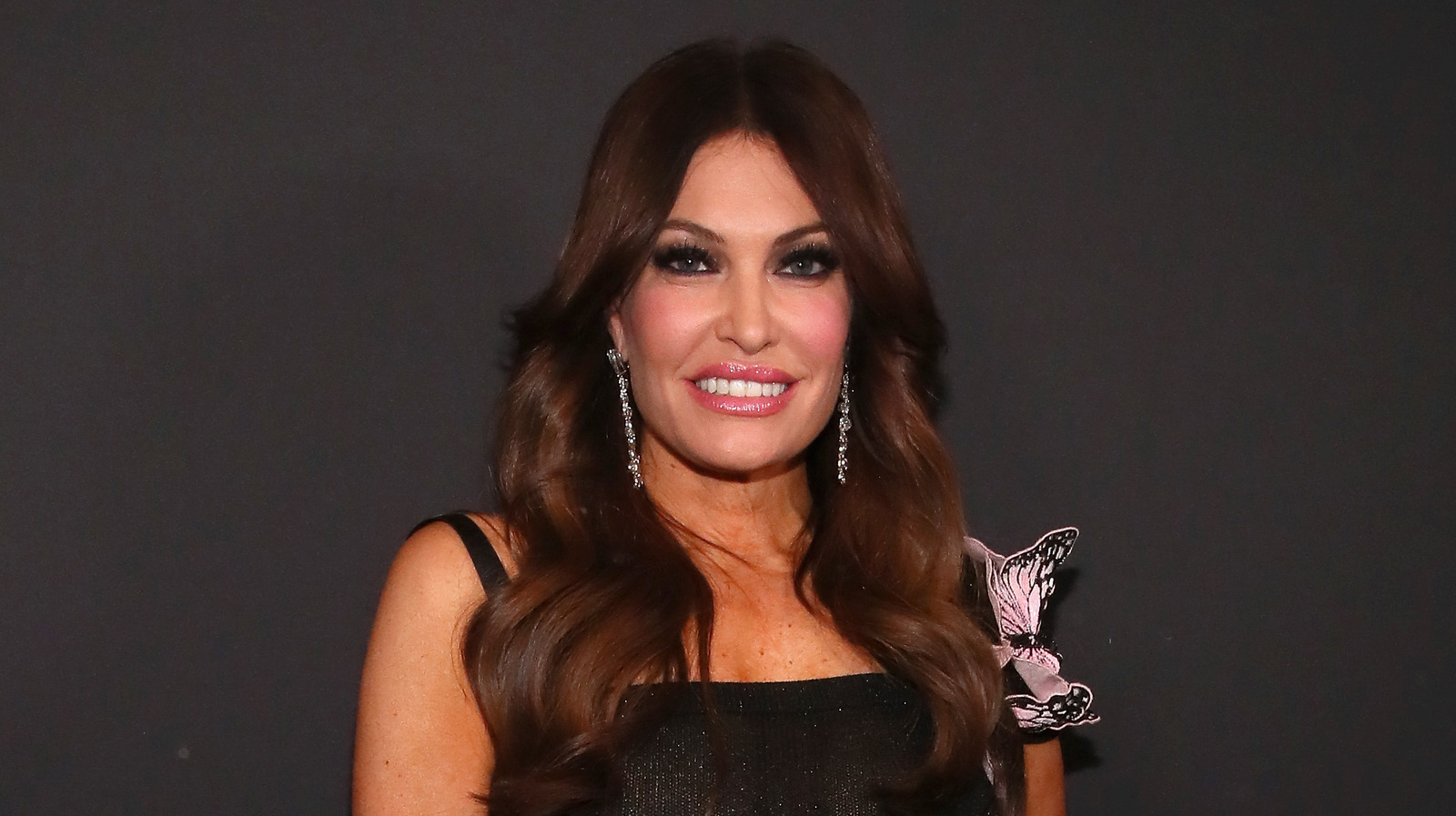
5 Extension Cord Mistakes You Need to Stop Making, According to Electricians
You’ve likely used an extension cord before, but did you do so safely? You may not have realized, but there are several common extension cord mistakes people make everyday. Some of these mistakes can lead to shock risk, some fire risk, while others can damage the extension cord and whatever it’s powering.
Below, we’ve provided some expert insight into six common extension cord mistakes and spoken with professional electricians about the proper way to use extension cords.
Common Extension Cord Mistakes
Using an extension cord properly will ensure your device maintains consistent power and help guarantee your safety. Improper extension cord use can cause several problems, according to Justin Cornforth, a seasoned electrician and CEO of Ace Home Co.
“At best, using an extension cord wrong just trips breakers, makes lights flicker, or shuts off your devices,” Cornforth says. “At worst, it overheats, melts the insulation, and starts a fire.”
Want more home reno project tips and inspiration? Sign up for our free daily newsletter for the latest how-tos, reno guides, and more!
Overloading Extension Cords
Extension cords can only carry so much power, so they can easily be overloaded by plugging too many things into them. However, they can also be overloaded by plugging something in that draws more power than the extension cord can deliver. Cornforth explains that overloading extension cords is a common mistake, often due to people’s lack of knowledge.
“Assuming that a standard household extension cord is usually rated for only 1,500-1,800 watts, you can’t plug in two high-wattage appliances like a space heater and a microwave, because just these two can draw about 2,500 watts,” he explains.
If this is a problem you’ve faced, Cornforth recommends swapping light-duty cords for heavy-duty cords with built-in overload protection.
Using Damaged Extension Cords
Extension cords don’t last forever. Eventually, they get damaged from general wear and tear or compromised from improper use. Adam Bushell, the director of AB Electrical & Communications, explains how it’s important to confirm your extension cord is in good working condition before using it. Bushell warns that damaged cords can pose a serious risk of shock and short-circuiting.
Cornforth indicates several things to look for when using an extension cord that could indicate that it’s damaged and no longer usable, including the following:
- It smells like burning plastic
- It’s hot to the touch
- It has black or brown spots near the plug
“If it sparks, trips the breaker, or causes flickering lights, stop using it immediately,” he warns.
Warning
Extension cords can overheat when they’re covered by rugs, furniture, and other items.
Using the Wrong Gauge Extension Cord
When choosing an extension cord, pay attention to the label that tells you the extension cord’s gauge. Heavier-gauge extension cords are better suited for bigger power draws, but the numbers can be confusing if you’re unfamiliar with the terminology.
“The lower the gauge number, the thicker and safer it is for heavy loads,” Cornforth explains.
He advises sticking to this chart when choosing an extension cord gauge:
| Extension Cord Gauge | What You Can Safely Plug In |
|---|---|
| 12- to 10-gauge | Space heaters, power tools, and other high-power-draw devices |
| 16- to 14-gauge | Lamps, chargers, and other low-power-draw devices |
Using Multiple Extension Cords to Make a Longer Cord
Nearly everyone has made the mistake of plugging multiple extension cords together to make a longer cord, but doing so can have disastrous consequences. Cornforth warns that it can even lead to a fire.
“I know many people do that when decorating their homes for the holidays,” he says.
If you need a longer extension cord, he recommends investing in a longer, heavier-duty cord or installing a dedicated outlet near your needs.
Using Indoor Extension Cords Outdoors
Indoor extension cords and outdoor extension cords are not the same. While it’s generally safe to use an outdoor extension cord indoors, you shouldn’t use an indoor extension cord outdoors, especially in wet conditions.
Bushell warns that opting for cheap indoor cords for outdoor use can result in short circuits and other electrical hazards. Instead, he recommends purchasing weather-resistant cords for outdoor use and implementing a weatherproof outlet box whenever possible.










